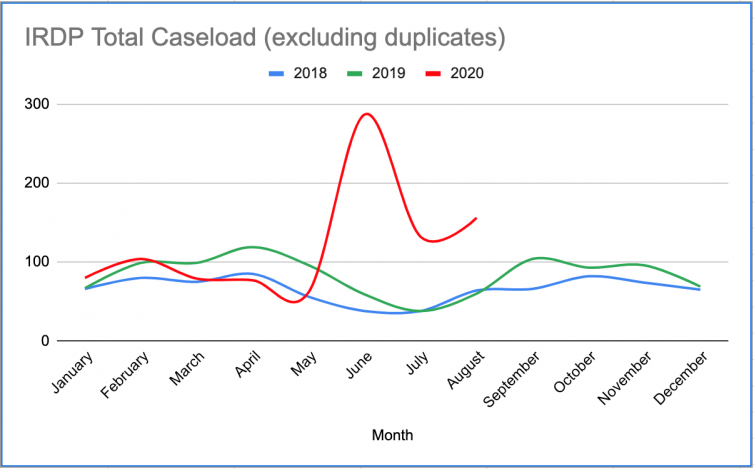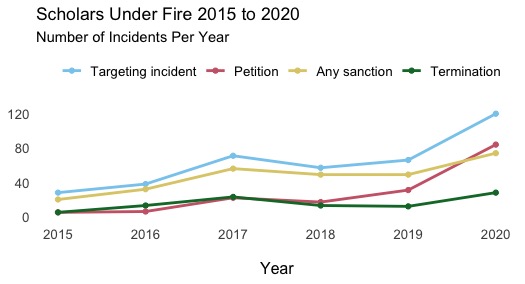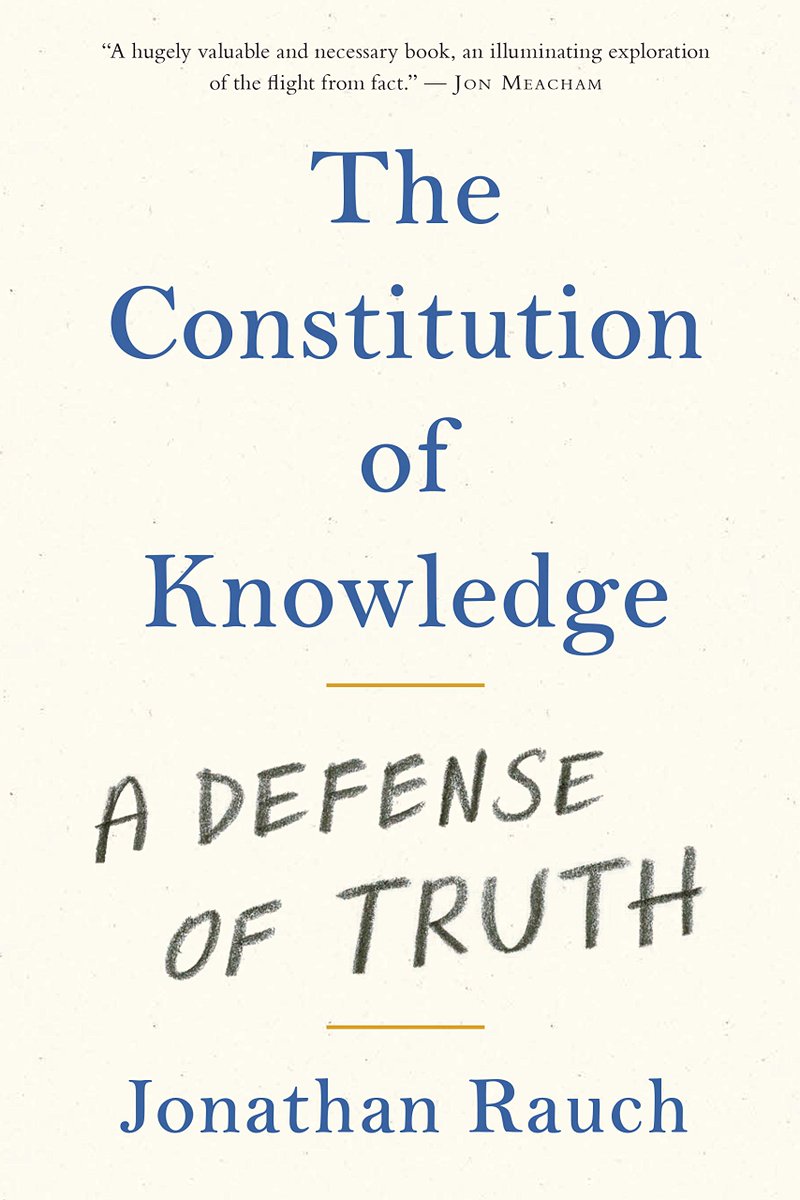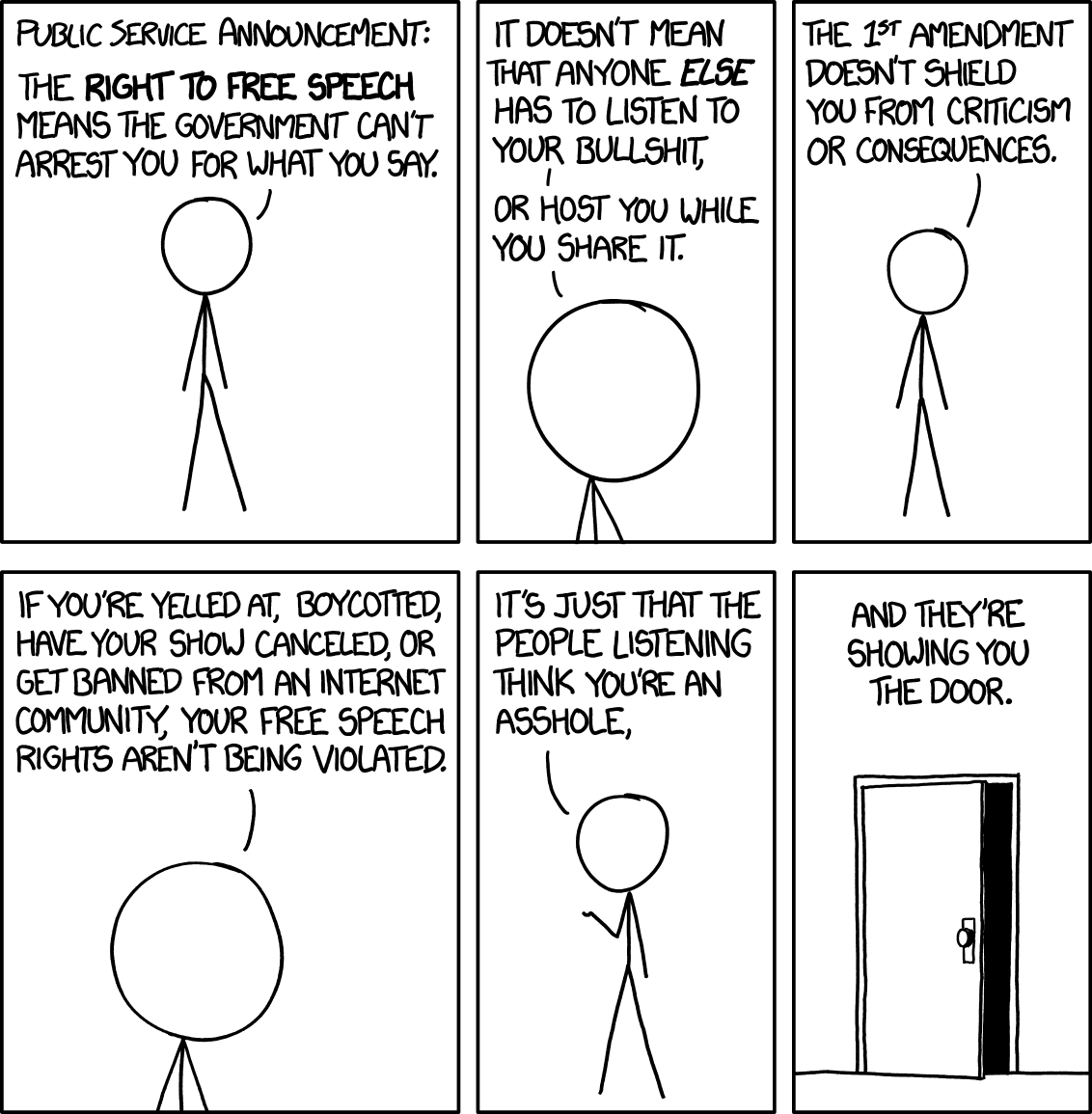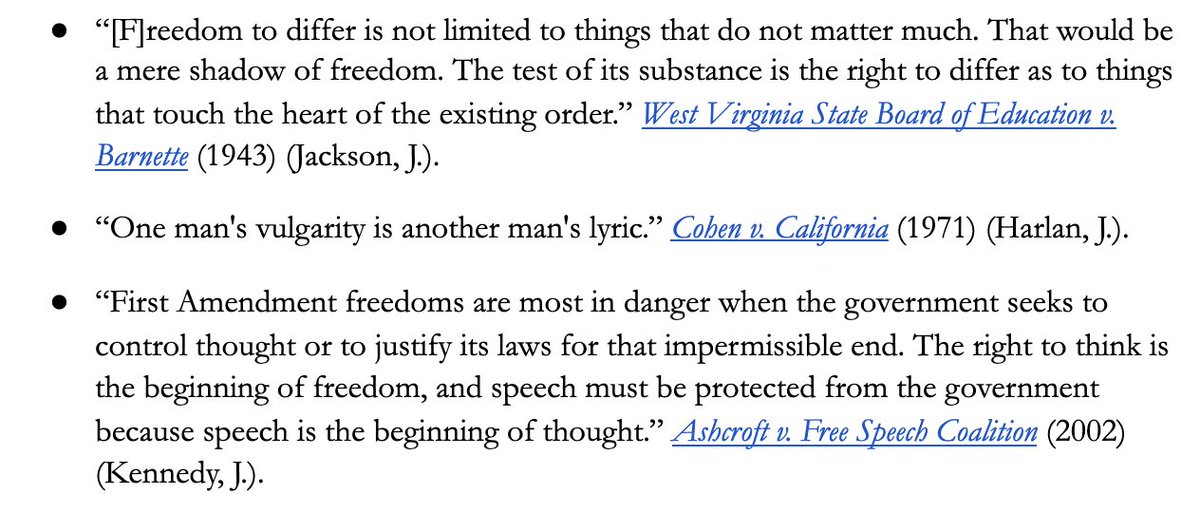
New on ERI: @AdGo & @pebonilla on why a Yale lecturer targeted for her ‘dehumanizing’ comment about coffee in rural Ohio should be a wake-up call for campus leadership. 1/26
thefire.org/yales-treatmen…
thefire.org/yales-treatmen…
This semester, most of the attention on free speech at Yale has been focused on two words: “trap house.” See @aaronsibarium ‘s excellent coverage here: 2/26
freebeacon.com/campus/a-yale-…
freebeacon.com/campus/a-yale-…
Our interview with Yale student Trent Colbert, who was pressured to sign a prewritten confession of offenses against emotional well-being, here: 3/26
But while Colbert’s experience may seem egregious, it’s one of several incidents at Yale in recent years that suggests free expression has been deprioritized in New Haven. Last week, @slsatel’s shared another: 4/26
quillette.com/2021/11/30/wha…
quillette.com/2021/11/30/wha…
On Jan. 8, Satel was delivering a Grand Rounds lecture to the Yale Department of Psychiatry via Zoom about the year she spent working in a clinic in Ironton, Ohio, treating people fighting drug addictions. 5/26
medicine.yale.edu/psychiatry/edu…
medicine.yale.edu/psychiatry/edu…
Satel frankly discussed how poverty, despair, & addiction devastated the community she uprooted her life to join & help. Earlier this year Satel discussed her work at length with @reason’s @nickgillespie: 6/26
reason.com/2021/03/01/wha…
reason.com/2021/03/01/wha…
After the talk, an unidentified & unenumerated group of “Concerned Residents” sent a letter accusing Satel of engaging in “dehumanizing, demeaning, & classist language,” & of having a “highly problematic & racist canon.” 7/26
What was “dehumanizing?” Two things: the title, which described her “year abroad,” & her being surprised at finding artisanal coffee in Appalachia. (That the authors think implying something is foreign makes it less human says more about their mindset than Satel’s lecture.) 8/26
The “racist canon?” That Satel has contributed to works arguing that socioeconomic status & geography factor far more than racial bias in explaining racial disparities in healthcare outcomes. 9/26
amazon.com/Health-Dispari…
amazon.com/Health-Dispari…
The letter condemns Satel for having “the audacity to challenge Reverend Al Sharpton, an exemplary individual and activist,” because Sharpton is mentioned briefly in one work as a proponent of the view that provider bias is the source of racial disparities in health care. 10/26
Fortunately, Yale has not capitulated to the letter’s demand that Satel’s lectureship be revoked. But it has also not used this as a “teachable moment” for its residents. What does it say about free expression at Yale when “not yet banned” is the good news? 11/26
Yale’s leading commitment to free expression, the 1975 Woodward Report, states: “Every official of the university, moreover, has a special obligation to foster free expression and to ensure that it is not obstructed.” 12/26
yalecollege.yale.edu/get-know-yale-…
yalecollege.yale.edu/get-know-yale-…
In recent years, however, Yale has not done that. In 2015, the conflict over administrative guidance on Halloween costumes led to the eventual resignations of @ErikaChristakis & @NAChristakis from their roles in Silliman college. 13/26
ZERO TWEET: Keep reading for more on Yales abdications on free speech, or click the link below to learn about Anthony Comstock, America’s weirdest & most illustrious censor. 0/26
https://twitter.com/glukianoff/status/1455264560303194113
In 2019, a program titled “Dissent and Resistance in Singapore” was canceled at Yale-NUS College (a joint venture b/t Yale & @NUSingapore) b/c the program might “advance partisan political interests in our campus.” 14/26
thefire.org/after-controve…
thefire.org/after-controve…
In 2020, Yale declined to renew the contract of untenured psych prof @BandyXLee1 after Lee commented in a thread that Trump followers showed signs of “shared psychosis,” prompting a lawsuit: 15/26
insidehighered.com/quicktakes/202…
insidehighered.com/quicktakes/202…
In September, @beverlygage resigned as director of the Grand Strategy program when Yale created a board to advise on appointments in a way that Gage saw as an attempt to influence the direction of the program: 16/26
nytimes.com/2021/09/30/art…
nytimes.com/2021/09/30/art…
In October, Yale became New Haven’s least enthusiastic party destination when the “trap house” story broke. (By the way, don’t miss the apology letter we pre-wrote for Yale to sign. Still waiting on them to do it, but fingers crossed!) 17/26
thefire.org/since-they-lov…
thefire.org/since-they-lov…
What effect does this have on student perception of speech? In our 2021 College Free Speech rankings, Yale ranks 33 out of 154 — but in administrative support for free speech, Yale drops to 139th place. 18/26
rankings.thefire.org/rank/school/ya…
rankings.thefire.org/rank/school/ya…
Only four of this year’s Ten Worst schools were surveyed; Yale placed lower than all four on admin support for free speech. Syracuse got a Lifetime Achievement Award for censorship this year; Yale was 77 places lower than Syracuse on that metric. 19/26
thefire.org/10-worst-colle…
thefire.org/10-worst-colle…
Yale ranked 33 overall despite this low showing b/c it’s so ideologically homogeneous. In our sample, 66% of Yale students ID’d as liberal, 15% conservative; national avg was 53% & 20% respectively. 20/26
But faculty matter, too, b/c there are more faculty than undergrads at Yale. 21/26
yale.edu/about-yale/yal…
yale.edu/about-yale/yal…
Among Yale faculty, the ratio of Democrats to Republicans is 16:1 in some disciplines, & over 31:1 in English, math, & the social sciences. 22/26
nas.org/blogs/article/…
nas.org/blogs/article/…
As you might expect in such an environment, Yale students exhibit much greater tolerance than average for speech re: left-leaning ideas. For example, % who oppose allowing a speaker who says that white people are responsible for structural racism: 20% Yale, 34% nationally. 23/26
When lawyers tried to hold Yale to the Woodward Report in court, Yale responded that the report was “a statement of principles, not a set of contractual promises.” Aren’t our principles supposed to govern our promises? 24/26
thefire.org/court-filing-y…
thefire.org/court-filing-y…
This would be depressing at any institution. It’s troubling at one that has educated 91 SCOTUS clerks since 2010 (who disproportionately go on to become judges), five presidents, four sitting SCOTUS justices, & an untold # of politicians & CEOs. 25/26
bcgsearch.com/article/900047…
bcgsearch.com/article/900047…
How can Yale do better? Action from the top can have the most impact in the short term. We have a list of things that University Presidents can do right now: @SaloveyPeter 26/26
thefire.org/five-ways-univ…
thefire.org/five-ways-univ…
BONUS TWEET: If you haven’t yet, check out our rundown on recent controversies at MIT including the disinvitation of @dorianabbot, & how alumni are trying to fix it. 27/26
thefire.org/what-does-mit-…
thefire.org/what-does-mit-…
• • •
Missing some Tweet in this thread? You can try to
force a refresh


